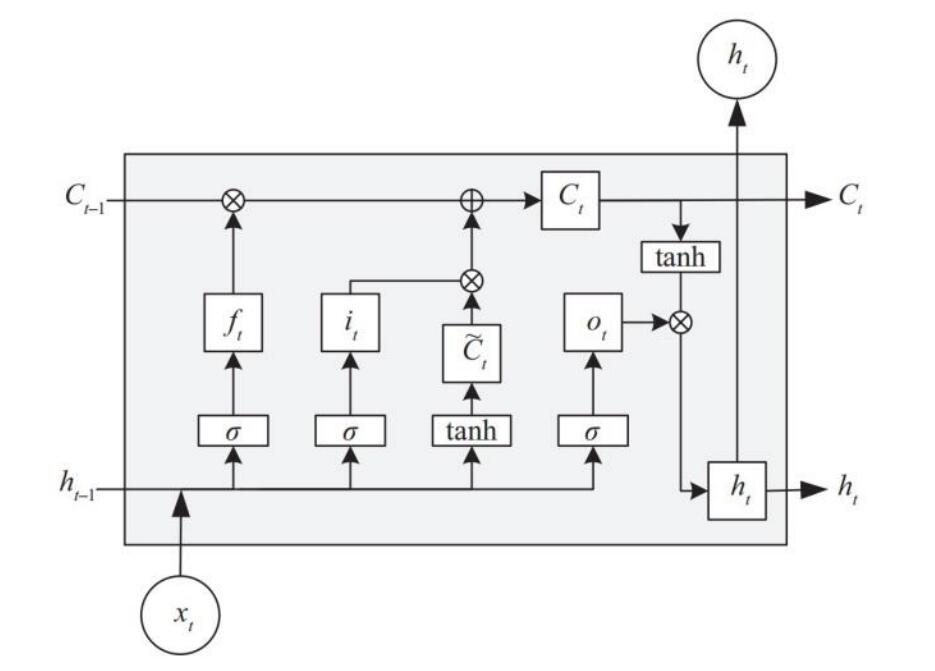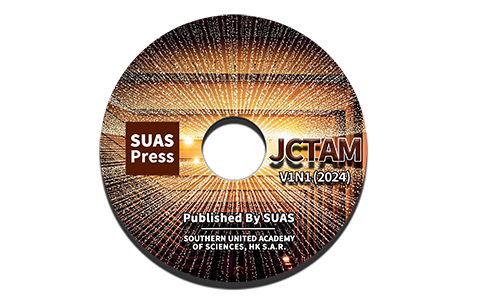Short-Term Passenger Flow Prediction for Urban Rail Transit Based on Machine Learning
DOI:
https://doi.org/10.5281/zenodo.11003963References:
31Keywords:
Urban Rail Transit, Machine Learning, Passenger Flow Prediction, CNN, LSTMAbstract
Short-term demand forecasting, often defined as less than an hour into the future, is critical to implementing dynamic control strategies and providing useful customer information in transportation applications. By understanding expected demand, bus operators can deploy real-time control strategies before demand surges and minimize the impact of anomalies on service quality and passenger experience. One of the most useful applications of traffic demand forecasting models is to predict congestion and vehicle congestion at station platforms.This paper explores the integration of machine learning into urban rail transit systems to enhance efficiency, reliability, and sustainability. By leveraging machine learning paradigms, the paper examines how advanced data analytics can revolutionize passenger flow prediction, train operations, maintenance strategies, and system optimization. Ultimately, the goal is to propel urban rail transit into a new era of intelligent and resilient transportation, contributing to sustainable and livable cities.
References
Xiang, Yafei, et al. "Text Understanding and Generation Using Transformer Models for Intelligent E-commerce Recommendations." arXiv preprint arXiv:2402.16035 (2024).
Xu, Xiaonan, et al. "Emerging Synergies Between Large Language Models and Machine Learning in Ecommerce Recommendations." arXiv preprint arXiv:2403.02760 (2024).
Liu, B. (2023). Based on intelligent advertising recommendation and abnormal advertising monitoring system in the field of machine learning. International Journal of Computer Science and Information Technology, 1(1), 17-23.
Wu, Binbin, et al. "Enterprise Digital Intelligent Remote Control System Based on Industrial Internet of Things." (2024).
Pan, Y., Wu, B., Zheng, H., Zong, Y., & Wang, C. (2024, March). THE APPLICATION OF SOCIAL MEDIA SENTIMENT ANALYSIS BASED ON NATURAL LANGUAGE PROCESSING TO CHARITY. In The 11th International scientific and practical conference “Advanced technologies for the implementation of educational initiatives”(March 19–22, 2024) Boston, USA. International Science Group. 2024. 254 p. (p. 216).
Zhou, H., Xu, K., Bao, Q., Lou, Y., & Qian, W. (2024). Application of Conversational Intelligent Reporting System Based on Artificial Intelligence and Large Language Models. Journal of Theory and Practice of Engineering Science, 4(03), 176-182.
Li, L., Xu, K., Zhou, H., & Wang, Y. (2024). Independent Grouped Information Expert Model: A Personalized Recommendation Algorithm Based on Deep Learning.(
Che, C., Lin, Q., Zhao, X., Huang, J., & Yu, L. (2023, September). Enhancing Multimodal Understanding with CLIP-Based Image-to-Text Transformation. In Proceedings of the 2023 6th International Conference on Big Data Technologies (pp. 414-418).
Huang, Zengyi, et al. "Research on Generative Artificial Intelligence for Virtual Financial Robo-Advisor." Academic Journal of Science and Technology 10.1 (2024): 74-80.
Huang, Zengyi, et al. "Application of Machine Learning-Based K-Means Clustering for Financial Fraud Detection." Academic Journal of Science and Technology 10.1 (2024): 33-39.
Xu, Xiaonan, et al. "Comprehensive Implementation of TextCNN for Enhanced Collaboration between Natural Language Processing and System Recommendation." arXiv preprint arXiv:2403.09718 (2024).
Zhang, Chenwei, et al. "Enhanced User Interaction in Operating Systems through Machine Learning Language Models." arXiv preprint arXiv:2403.00806 (2024).
Ni, Chunhe, et al. "Enhancing Cloud-Based Large Language Model Processing with Elasticsearch and Transformer Models." arXiv preprint arXiv:2403.00807 (2024).
Xu, Zheng, et al. "Enhancing Kubernetes Automated Scheduling with Deep Learning and Reinforcement Techniques for Large-Scale Cloud Computing Optimization." arXiv preprint arXiv:2403.07905 (2024).
Zhang, Yifan, et al. "Application of Machine Learning Optimization in Cloud Computing Resource Scheduling and Management." arXiv preprint arXiv:2402.17216 (2024).
K. Xu, X. Wang, Z. Hu and Z. Zhang, "3D Face Recognition Based on Twin Neural Network Combining Deep Map and Texture," 2019 IEEE 19th International Conference on Communication Technology (ICCT), Xi'an, China, 2019, pp. 1665-1668, doi: 10.1109/ICCT46805.2019.8947113.
Shi, Peng, Yulin Cui, Kangming Xu, Mingmei Zhang, and Lianhong Ding. 2019. "Data Consistency Theory and Case Study for Scientific Big Data" Information 10, no. 4: 137. https://doi.org/10.3390/info10040137.
Zhenghua Hu, Xianmei Wang, Kangming Xu, and Pu Dong. 2020. Real-time Target Tracking Based on PCANet-CSK Algorithm. In Proceedings of the 2019 3rd International Conference on Computer Science and Artificial Intelligence (CSAI '19). Association for Computing Machinery, New York, NY, USA, 343–346. https://doi.org/10.1145/3374587.3374607.
Sun, Wenjian, et al. "Automatic driving lane change safety prediction model based on LSTM." (2024).
He, Z., Shen, X., Zhou, Y., & Wang, Y. Application of K-means clustering based on artificial intelligence in gene statistics of biological information engineering.
Wang, Yong, et al. "Construction and application of artificial intelligence crowdsourcing map based on multi-track GPS data." arXiv preprint arXiv:2402.15796 (2024).
Wu, Jiang, et al. "Data Pipeline Training: Integrating AutoML to Optimize the Data Flow of Machine Learning Models." arXiv preprint arXiv:2402.12916 (2024).
Zhou, Y., Tan, K., Shen, X., & He, Z. (2024). A Protein Structure Prediction Approach Leveraging Transformer and CNN Integration. arXiv preprint arXiv:2402.19095.
Medication Recommendation System Based on Natural Language Processing for Patient Emotion Analysis. (2024). Academic Journal of Science and Technology, 10(1), 62-68. https://doi.org/10.54097/v160aa61
Li, X., Zheng, H., Chen, J., Zong, Y., & Yu, L. (2024). User Interaction Interface Design and Innovation Based on Artificial Intelligence Technology. Journal of Theory and Practice of Engineering Science, 4(03), 1-8.
Zhang, Ye, et al. "Optimizing science question ranking through model and retrieval-augmented generation." International Journal of Computer Science and Information Technology 1.1 (2023): 124-130.
Xiang, Yafei, et al. "Integrating AI for Enhanced Exploration of Video Recommendation Algorithm via Improved Collaborative Filtering." Journal of Theory and Practice of Engineering Science 4.02 (2024): 83-90.
Shi, Chenxi, et al. "Maximizing User Experience with LLMOps-Driven Personalized Recommendation Systems." arXiv preprint arXiv:2404.00903 (2024).
Xu, Kangming, et al. "Intelligent Classification and Personalized Recommendation of E-commerce Products Based on Machine Learning." arXiv preprint arXiv:2403.19345 (2024).
Che, Chang, et al. "Intelligent Robotic Control System Based on Computer Vision Technology." arXiv preprint arXiv:2404.01116 (2024).
Lei, Han, et al. "Automated Lane Change Behavior Prediction and Environmental Perception Based on SLAM Technology." arXiv preprint arXiv:2404.04492 (2024).

Downloads
Published
How to Cite
Issue
Section
License
Copyright (c) 2024 Copyright reserved by the author.

This work is licensed under a Creative Commons Attribution 4.0 International License.


















